IGAD takes stock of efforts to counter extremism
Reflecting on two decades of global counterterrorism efforts since 9/11, he said, "For almost 10 years, the focus was solely on state actors: Investigation, prosecution and adjudication. We were reactive. As a Centre, we recognised the critical omission of non-state actors: Civil society, youth, women and media."
The meeting brought together civil society actors and media practitioners from all IGAD member states.
ADDIS ABABA - As terror attacks, from the 2010 Kampala bombings to the 1998 US Embassy explosion in Nairobi and most recently the Kasese school attack, continue to haunt East Africa, the Intergovernmental Authority on Development (IGAD) is assessing its strategy to dismantle violent extremism.
On September 9, 2025, the IGAD Centre for Preventing and Countering Violent Extremism (ICEPCVE) convened in Addis Ababa to evaluate progress since the centre was launched in the late 2010s.
The initiative emerged from the realisation that reactive counterterrorism measures alone had failed to address the root causes of radicalisation, leaving communities trapped in cycles of fear and division.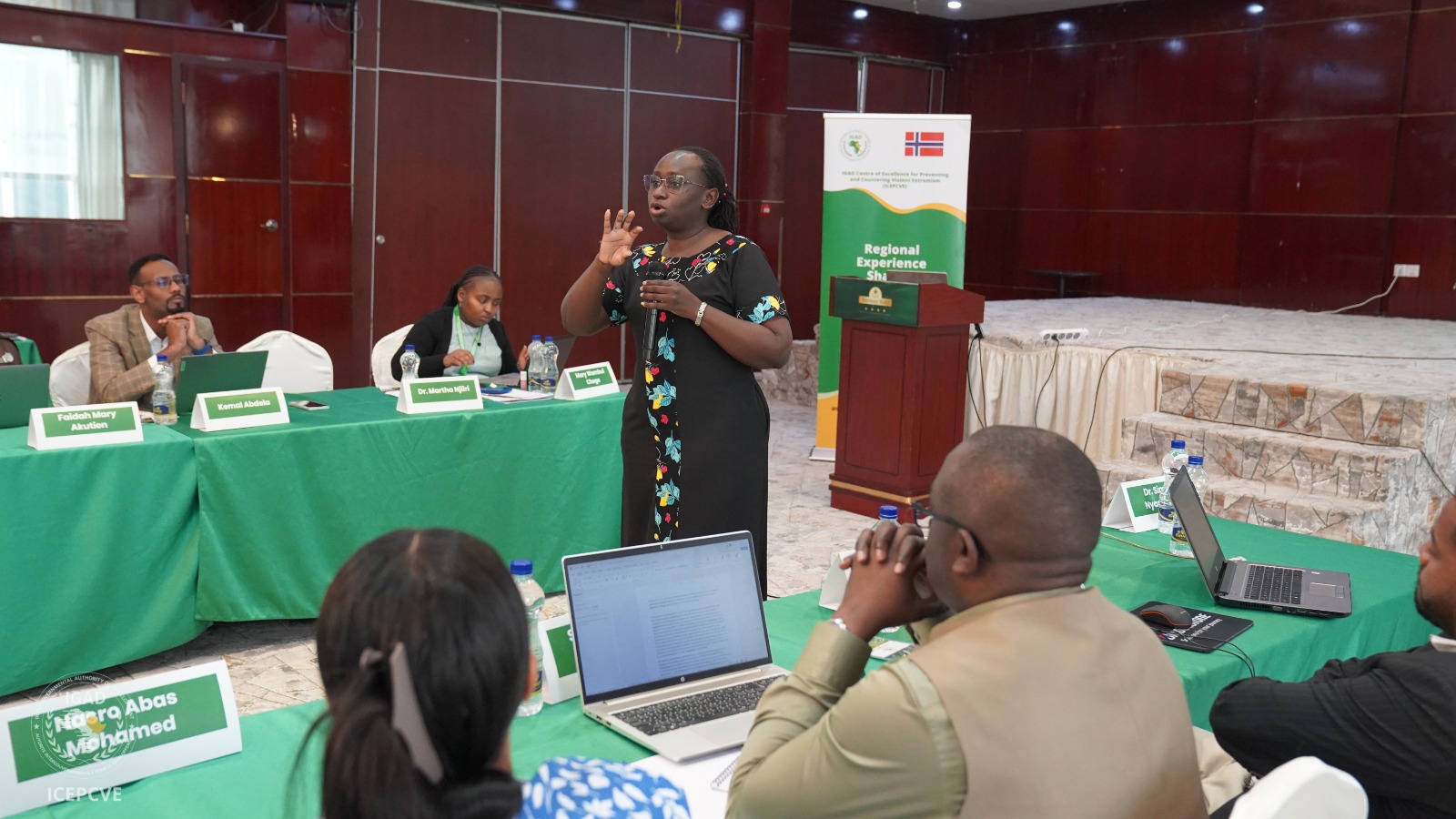
According to ICEPCVE's head of strategic communications Dr Martha Njiri, collaborations among actors, including civil society and governments is [key in countering extremist narratives and fighting radicalisation. She, therefore, urged security organisations to stop silo operations, which according to her are counterproductive.
The meeting brought together civil society actors and media practitioners from all IGAD member states.
Dr Simon Nyambura, the director of ICEPCVE, said it was important to shift from short-term tactics to sustainable solutions.
Reflecting on two decades of global counterterrorism efforts since 9/11, he said, "For almost 10 years, the focus was solely on state actors: Investigation, prosecution and adjudication. We were reactive. As a Centre, we recognised the critical omission of non-state actors: Civil society, youth, women and media."
Nyambura emphasised that poverty, unemployment, and systemic corruption remain potent drivers of extremism across IGAD states, including Uganda, Kenya, Ethiopia and Somalia.
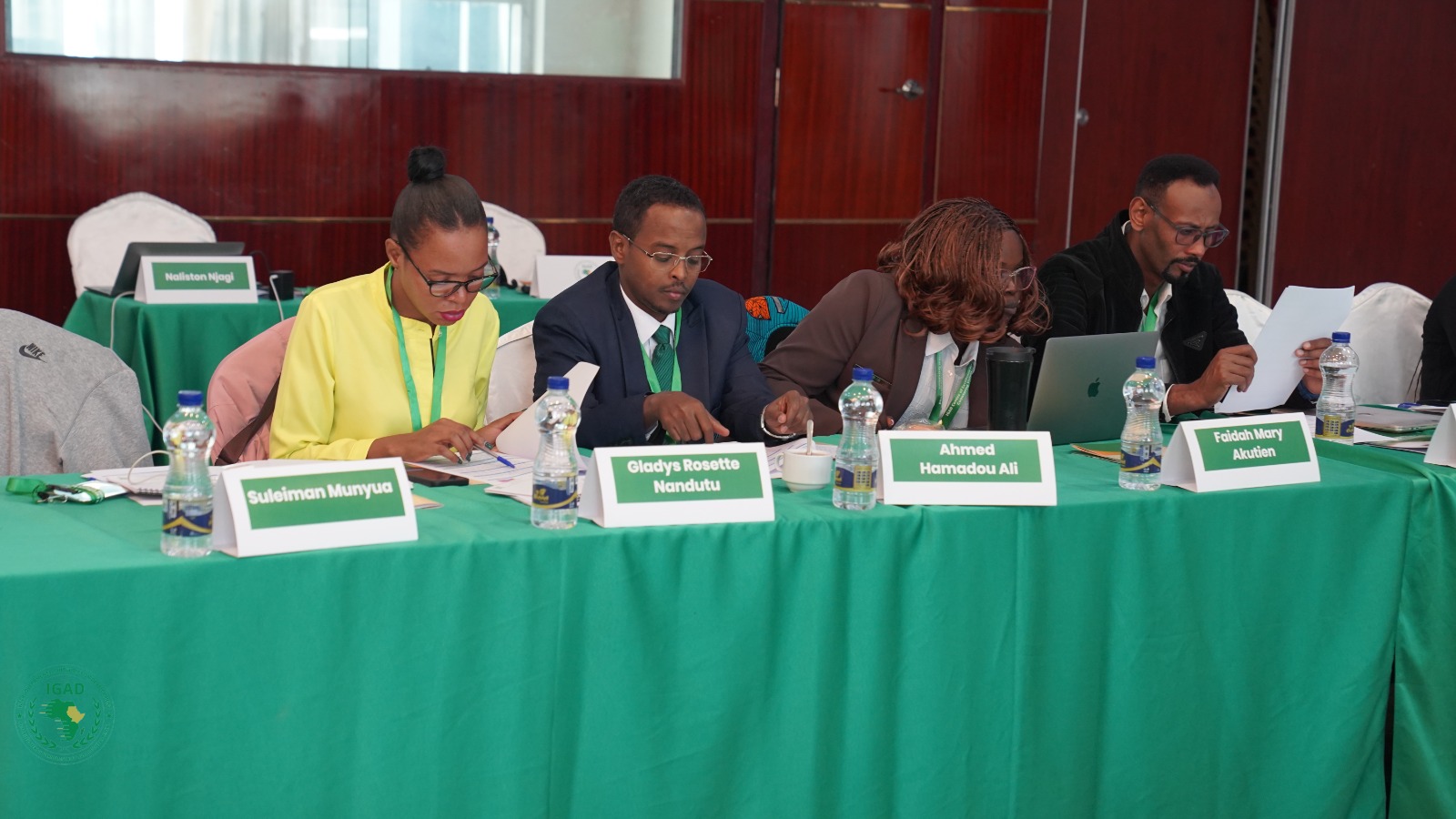
The regional trade bloc is mandated to build peace, economic integration, social and regional development among its eight members.
"We must call out poor leadership and theft of public resources. These destroy economies and push the youth into hopelessness. Young people risk capsising boats to flee because we mismanage our wealth. If governed well, these tragedies would vanish," he said.
The digital hub
To combat this, ICEPCVE established a digital hub connecting civil society, media, and youth, a "safe space" for anonymous threat reporting to prevent victimisation.
"We’ve built a critical network. Now we take stock: What worked? What failed? How do we adopt solutions that restore tolerance and accountability?"
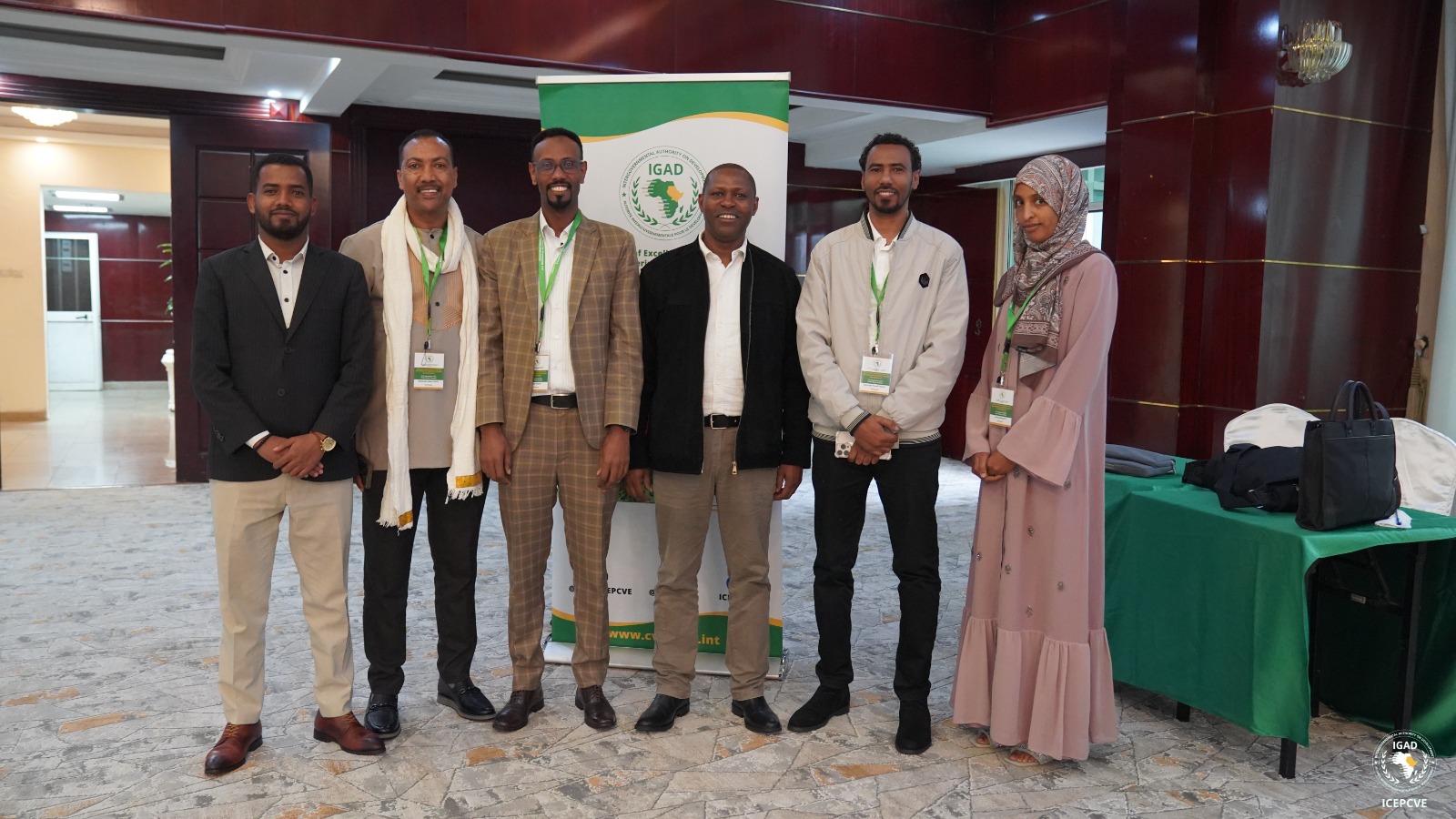
Community-centred approaches
Ambassador Stian Christensen of Norway to Ethiopia reinforced IGAD’s community-centered approach, drawing parallels to Norway’s response after its 2011 terror attack:
"Security measures alone won’t suffice. Addressing exclusion, mistrust and graft is essential. When the plane crashes, first class won’t save you: We survive together or fall together."
He praised IGAD’s rejection of "strike first, strike fast" tactics, "this workshop embodies the only sustainable path: Community-led resilience. Civil society and media build the hope extremism seeks to destroy."
Norway’s steadfast support for IGAD, Christensen added, stems from shared conviction.
"Responses must safeguard human rights while empowering communities. IGAD’s vision of locally owned solutions resonates with our national action plan," he said.
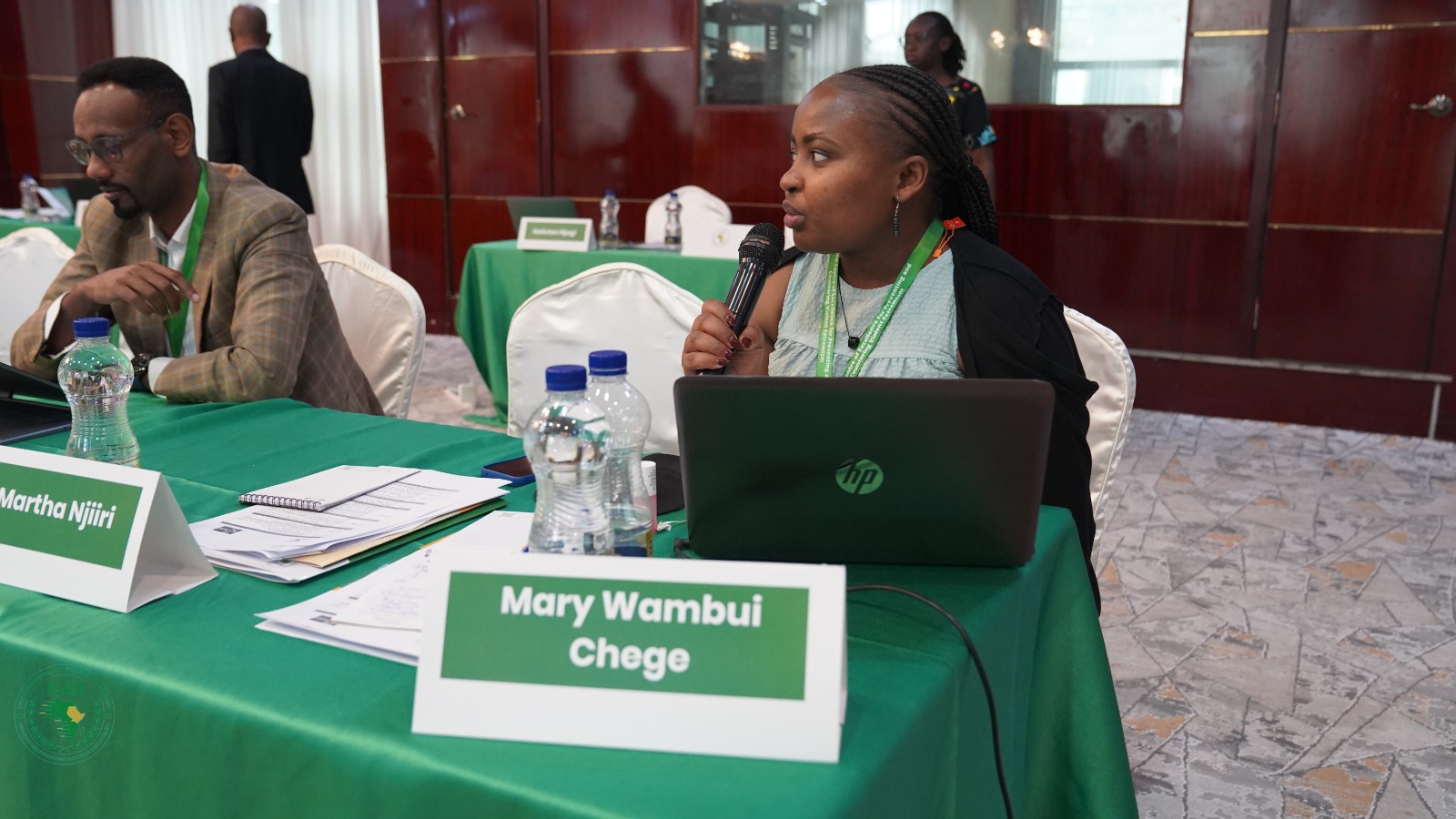
The review comes as al-Shabaab and Islamic State-linked Allied Democratic Forces escalate attacks, exploiting governance gaps and youth disillusionment. With IGAD’s member states now prioritising proactive networks over reactive force, Nyambura said indoctrinated youth believe violence is their only voice.
“Until we restore opportunity and justice, terror will thrive."
According to ICEPCVE's head of strategic communications Dr Martha Njiri, collaborations among actors, including civil society and governments is [key in countering extremist narratives and fighting radicalisation. She, therefore, urged security organisations to stop silo operations, which according to her are counterproductive.
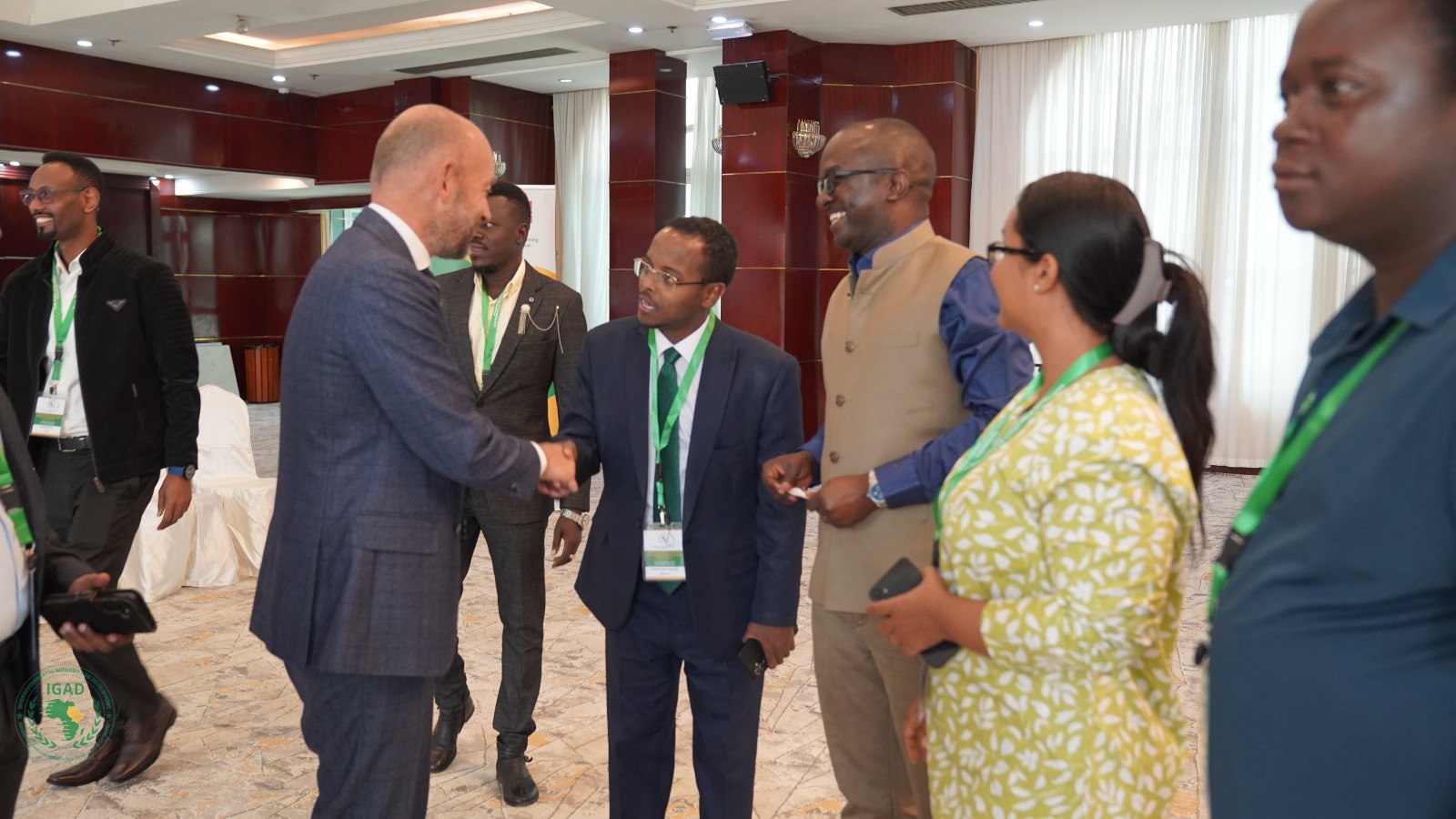
Centre deputy director and head of capacity Building Mohamed Houmed said despite violent extremism being pronounced in Somalia, Uganda, Kenya,Djibouti and Ethiopia are spillover states considering their proximity to and operations in Somalia.
Houmed identified the emerging terror drivers as increased online radicalisation, porous borders resulting in regional spillovers, increased vulnerable populations (displaced and refugees), civil wars in Sudan and South Sudan and the growing prominence of IS.
He, therefore, called for practical strategies for effectively engaging communities in preventing and countering violent extremism.